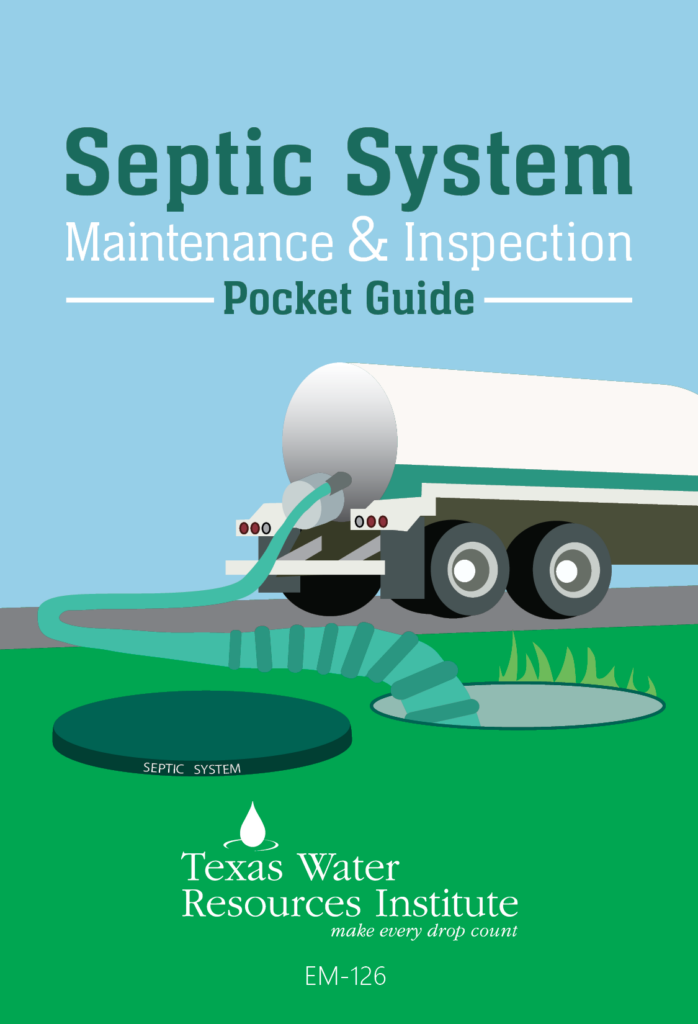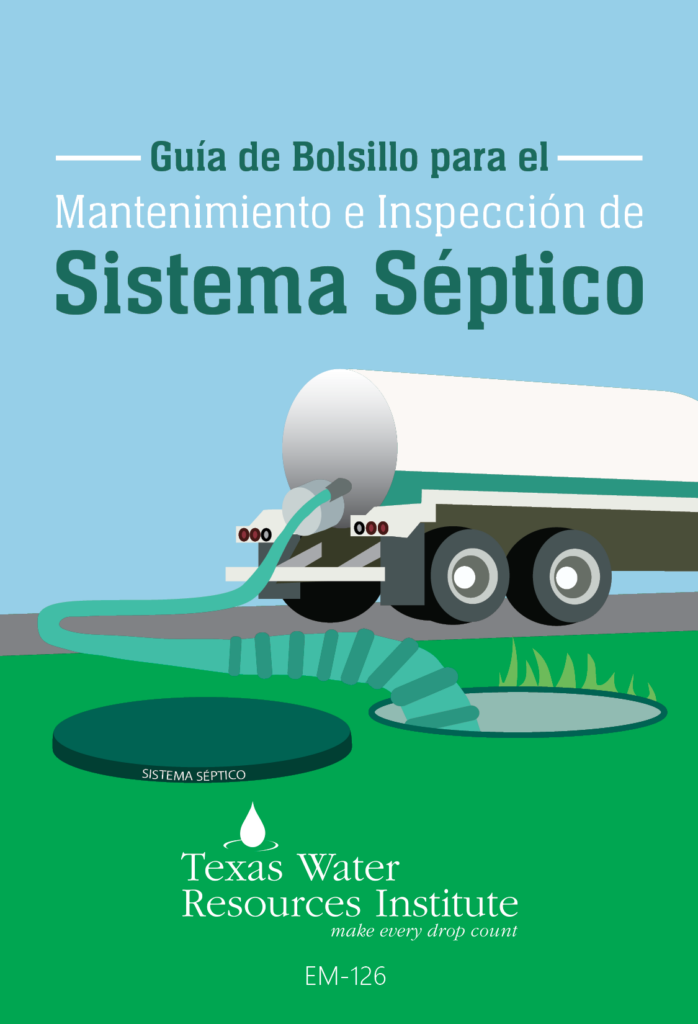Through the Matagorda Education Program, TWRI works with local river authorities, TCEQ, TSSWCB, SWCDs and other local stakeholders to bring direct mailers, educational workshops, videos and other media about best management practices to Matagorda Basin residents. This program aims to connect and inform stakeholders within the watersheds about WPP implementation progress; organizes and host water resources education and outreach programs; works with local, state and federal agencies as appropriate to bring in technical and financial assistance and participates in local and regional natural resource management meetings and activities to represent the WPPs and watershed stakeholders.
The Coordinated Implementation of Matagorda Basin Watershed Protection Plans is funded by a Clean Water Act Section 319(h) grant from the Texas State Soil and Water Conservation Board through the US Environmental Protection Agency.
Feral Hog Management
With an estimated over 2 million wild pigs in Texas, it’s safe to say there’s a pig problem. Wild pigs can degrade water quality and contaminate water sources for other wildlife, livestock and humans.
Learn more about how feral hogs can effect watersheds:
The hot summer months provide an opportune time for pig control efforts. Learn more about how wild pigs affect water sources and recommended ways to control pig populations:
Video by the Texas A&M Natural Resources Institute.
Wild Pigs and Riparian Habitats
Have you ever seen feral hog tracks around creeks or streams? Riparian habitats are impacted by wild pigs when they root around for the plant matter that makes up most of their diet. They not only destroy native plants, they also disrupt the growth cycle of the ecosystem. Prolonged stays near water can also lower the water quality and health of the riparian zone.
How do wild pigs impact water quality? Wild pigs love to wallow, especially in the mud near water, to cool down and repel flies. This damages riparian habitats and increases the amount of sediment in waterways.
These actions and others by wild hogs can harshly impact water quality and negatively impact crops, livestock and people living in that watershed.
Septic System Pocket Guides
TWRI has published educational material titled Septic System Maintenance & Inspection Pocket Guide to help homeowners with problem-solving and best management practices for septic systems.
The pocket guide contains easy-to-understand illustrations of conventional and aerobic septic systems, maintenance tips for a longer-lasting septic system, examples of a failing system, household practices to avoid, resources for more information and a form to record septic system maintenance and inspection details. The pocket guide is also available in Spanish.
Illegal Dumping
Protect the Matagorda Basin’s Water, Wildlife, and Communities
Illegal dumping—throwing waste where it doesn’t belong—pollutes the Matagorda Basin’s waterways, harms wildlife, spreads disease, and damages recreation areas. It lowers property values, impacts local economies, and threatens public health.
TWRI has created a factsheet and infographic to help residents understand the impacts of illegal dumping and how to prevent it. Be part of the solution: dispose of waste properly, report illegal dumping, join cleanups, recycle and upcycle, and spark conversations that drive change. Together, we can keep the Matagorda Basin beautiful, healthy, and thriving.


Learn more and access resources: Visit TWRI’s resources






